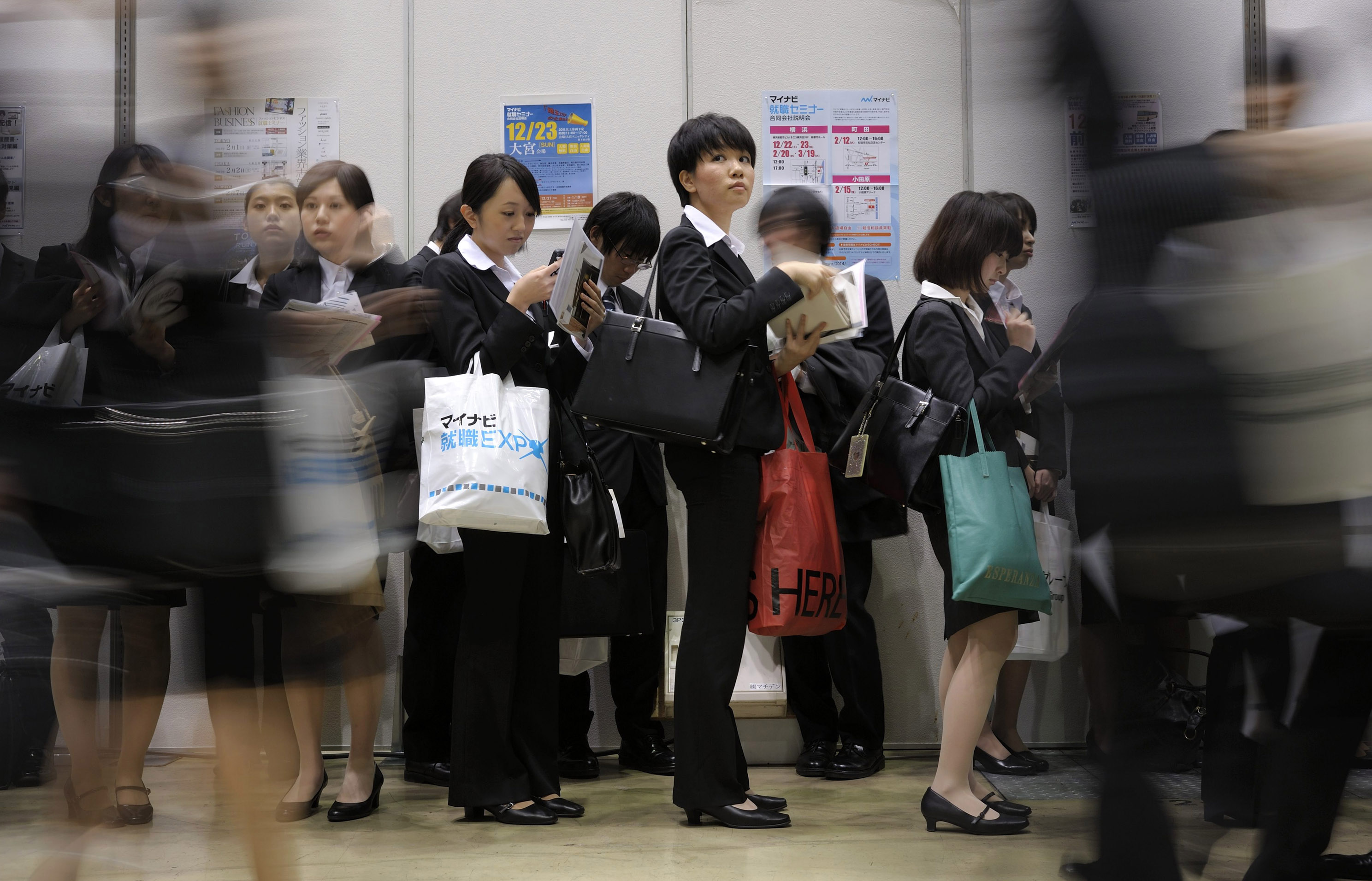Japan's youth will finally get a chance to have their voices heard in politics.
Revisions to the Public Offices Election Law that would lower the minimum voting age to 18 from 20 are being deliberated in the Diet and are widely expected to be passed during the current session, which is slated to end in June but could be extended through early August.
The move, which would mark the first drop in voting age since 1945, when it was lowered to 20 from 25, will affect the nation's 2.4 million 18- and 19-year-olds. If it clears the Diet, they would be allowed to vote in next year's Upper House election, at the earliest.


















With your current subscription plan you can comment on stories. However, before writing your first comment, please create a display name in the Profile section of your subscriber account page.